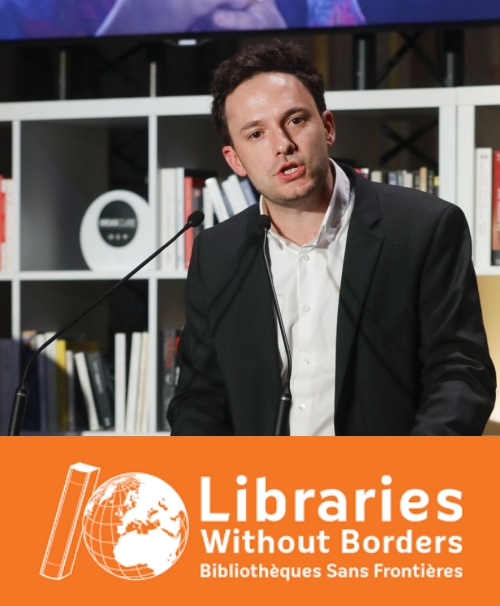
The Participatory Memory Practices (POEM) project, is a EU-Horizon 2020 transdisciplinary research venture that examines participatory and socially inclusive approaches to memory-making. It takes the perspective of memory institutions (e.g. galleries, libraries, archives and museums), people and groups in different settings, as well as digital media technologies to explore how we can envision socially inclusive future(s) through culture.
Jérémy, in your key-note speech during our online POEM Knowledge Hub in September 2020, you talked about the work of BSF. In this short interview we would like to ask you to elaborate on some key aspects of your talk that engage our POEM work.
- To begin with, could you briefly introduce the vision and the mission of BSF?
- As we read on your website, BSF has a long-standing experience in supporting the “creation and implementation of innovative educational and cultural policies for underserved populations in France”. Within the POEM project, we share this aspiration and work with and through memory institutions to advance social cohesion and inclusion through memory and culture. Are there some key-learnings and best practices that you would like to share with other cultural institutions/organizations that align with your mission?
- How do you evaluate the social impact of your project(s) (e.g. Participatory evaluation)?
- In your keynote speech you presented your new project in Marseilles, Entre Générations. Could you briefly explain how this program was created and what social issues it aims to address in the local community?
- How do you secure the sustainability of your projects in the local communities you work with in the long-run? Could you give us a concrete example (through the project in Marseilles or any other)?
- What kind of digital infrastructures are central in BSF’s projects? (e.g. in the case of the ideas box or any other initiatives)?
- How does your project embrace openness and accessibility of knowledge (e.g. reinvigorating participatory design)?
- Is there anything else you would like to add or communicate to our readership? Maybe a project you are currently working on, or any future opportunities for the BSF and how someone can collaborate with you?

